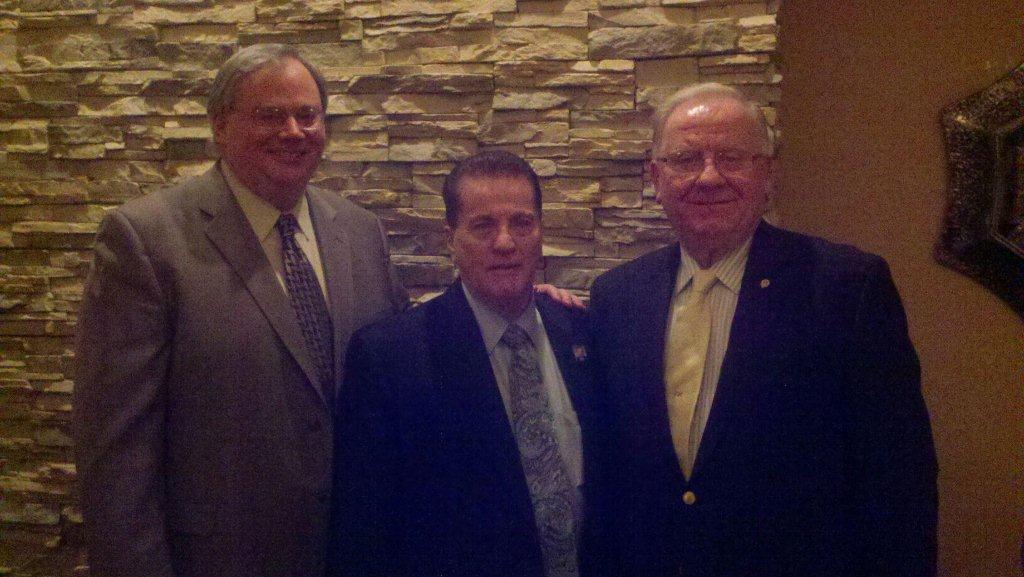NAPS Leg/Reg Update – November 10, 2011
Postal reform legislation took a major step forward on Wednesday as a Senate panel overwhelmingly approved a bipartisan bill on a 9-1 vote. The bill now goes to the full Senate.
The Postal Service is expected to announce a $10B loss for the recently concluded fiscal year and its payment of a $5.5B retiree health benefit payment has been delayed until November 18. Without legislative relief, USPS is likely to run out of cash and be unable to meet its payroll by next summer.
The Senate Homeland Security and Governmental Affairs Committee approved a revised version of The 21st Century Postal Service Act, S. 1789, introduced by Sen. Joe Lieberman (I-CT), Sen. Susan Collins (R-ME), Sen. Tom Carper (D-DE) and Sen. Scott Brown (R-MA).
The revised version of the bill assures all non-union employees the choice to stay in the Federal Employees Health Benefits Program if USPS were to leave the FEHBP and create a new health plan, as negotiated with and approved by all four postal employee unions. NAPS and the other management associations also would have the opportunity to participate in the discussions leading to any new USPS health plan. These revisions to the bill were added at the request of NAPS and NAPUS.
At Wednesday’s markup, the Committee also adopted amendments that:
— Strike the bill’s original provision requiring that eligible postal retirees drop FEHBP coverage in favor of Medicare as their primary insurer. (Republican conservatives on the Committee joined with some Democrats in eliminating the Medicare provision from the bill, which the Postal Service contended would save millions of dollars.);
— Require the Postal Service to set minimum standards of service and consider alternatives to closure prior to closing any post office currently under consideration for closure;
— Assure Congressional oversight over Postal Service contracts; and
— Require the Postal Service to inform Congress of its actions and rationale in response to advisory opinions of the Postal Regulatory Commission.
The bill’s provisions revamping the government’s workers comp program remained intact, despite efforts by Sen. Daniel Akaka (D-HI) at the markup to strike the provisions from the bill. Akaka was the only committee member to vote against the bill, due to concerns about the workers comp changes.
Also, the bill’s provisions providing for elimination of six-day delivery in two years remained, after an amendment by Sen. John McCain (R-AZ) to initiate five-day delivery immediately failed on a 5-12 vote. Under the bill, USPS may proceed toward five-day delivery in two years after showing it has exhausted all other cost-cutting options and has come up with remedies to soften the impact on customers who may be disproportionately affected.
USPS workforce downsizing employee buyouts — either through voluntary incentive payments up to $25K or additional service credit of one year for CSRS employees and two years for FERS employees — also remain in the bill. The buyouts, which will be used to eliminate at least 100,000 jobs by 2015, will cost nearly $2 billion and will be financed by a portion of the $7 billion in overpaid FERS monies that USPS will receive. The company may use the balance of the money to pay down some $15 billion in debt to the U.S. Treasury and for other purposes.
The legislation would significantly lower the amount — currently around $5.5 billion — that the Postal Service has to pay each year to “pre-fund” future retiree health care benefits.
At Wednesday’s markup, Sen. Jon Tester (D-MT) offered, then withdrew an amendment that would reduce USPS executive compensation and cap the Postmaster General’s salary at $174,000 — the current level of Congressional pay. The PMG makes $276,840 annually before bonuses and other perks. Tester estimated the amount saved through his amendment could keep five rural post offices open in Montana. “If our employees have to sacrifice, then there’s no reason why the leaders shouldn’t sacrifice too,” he said. Opponents, including Sen. Lieberman and Sen. Carper, said it would reduce the Postal Service’s capacity to attract and retain talented leadership. A compromise version of the Tester amendment could be offered when the bill comes to the Senate floor.
The legislation’s goal is to “get the Postal Service back in the black and help it remain financially sound into the future,” Committee Chairman Joe Lieberman (I-CT), said in a news release. No date has been set for the full Senate to take up the bill.
In the House, a more controversial postal bill, H.R. 2309, introduced by Rep. Darrell Issa (R-CA) and Rep. Dennis Ross (R-FL) also awaits action by the full House. The bill, cleared last month along party lines by the House Oversight and Government Reform Committee, would deal with the Postal Service’s financial problems by treating it as a bankrupt institution and throw it into receivership.
The Congressional Budget Office must release cost estimates on the budgetary impact of the Senate and House bills before either chamber may move ahead to take each of them up.
Bruce Moyer
Legislative Counsel to NAPS
[email protected]



